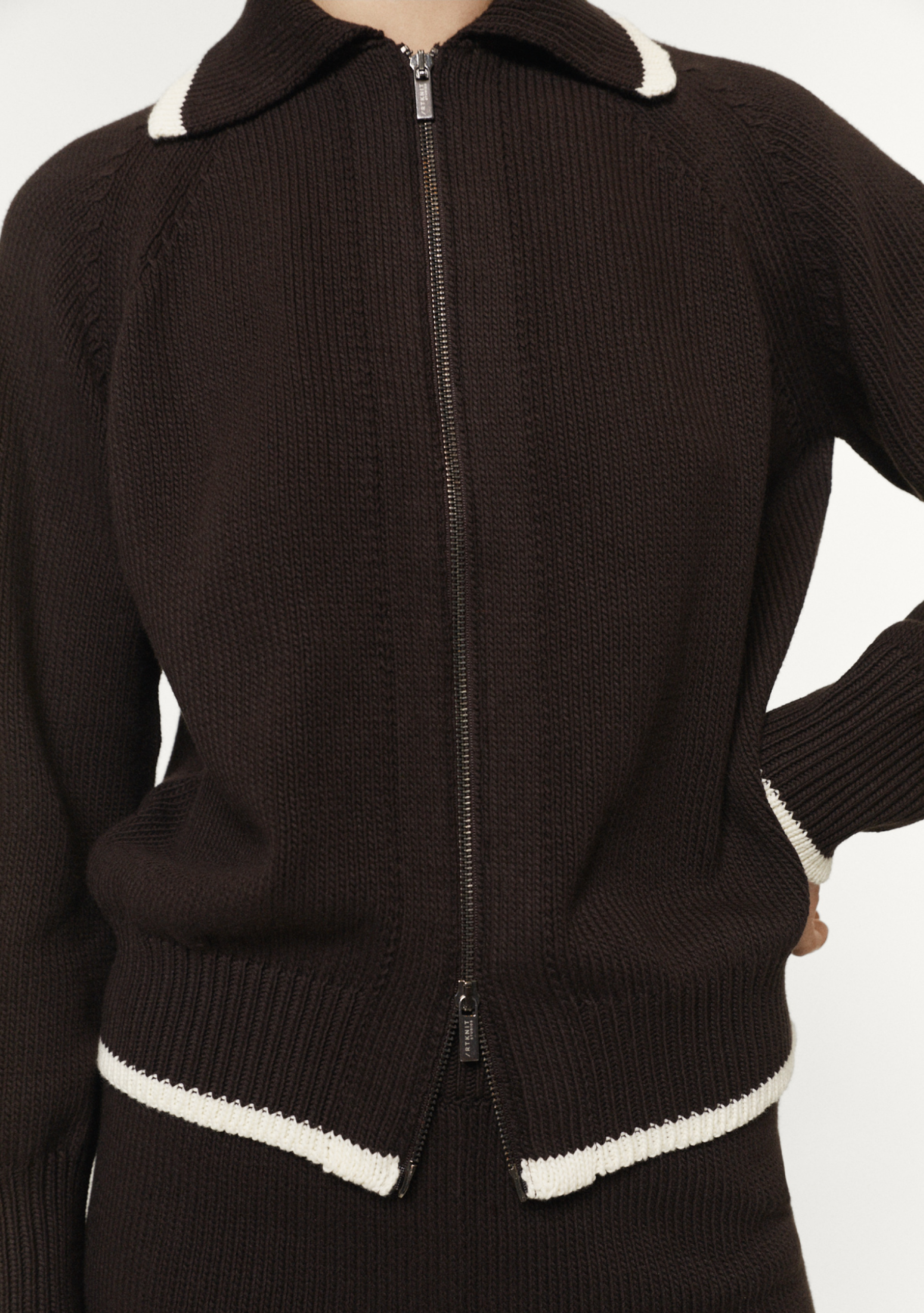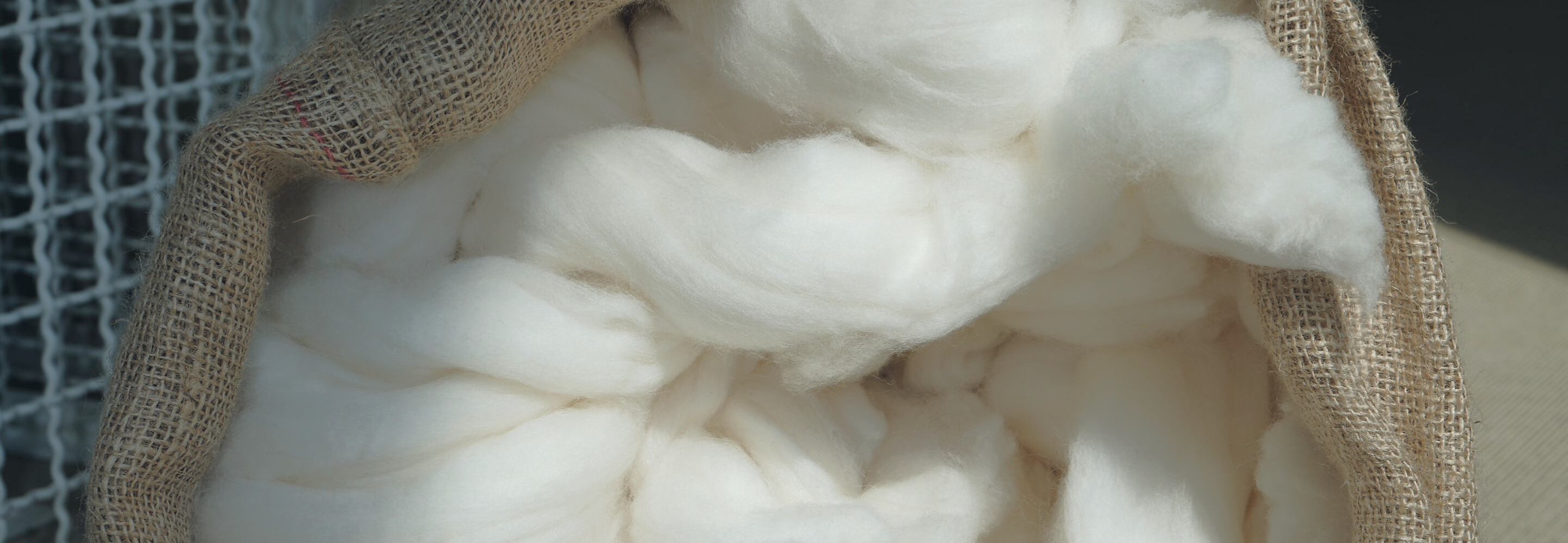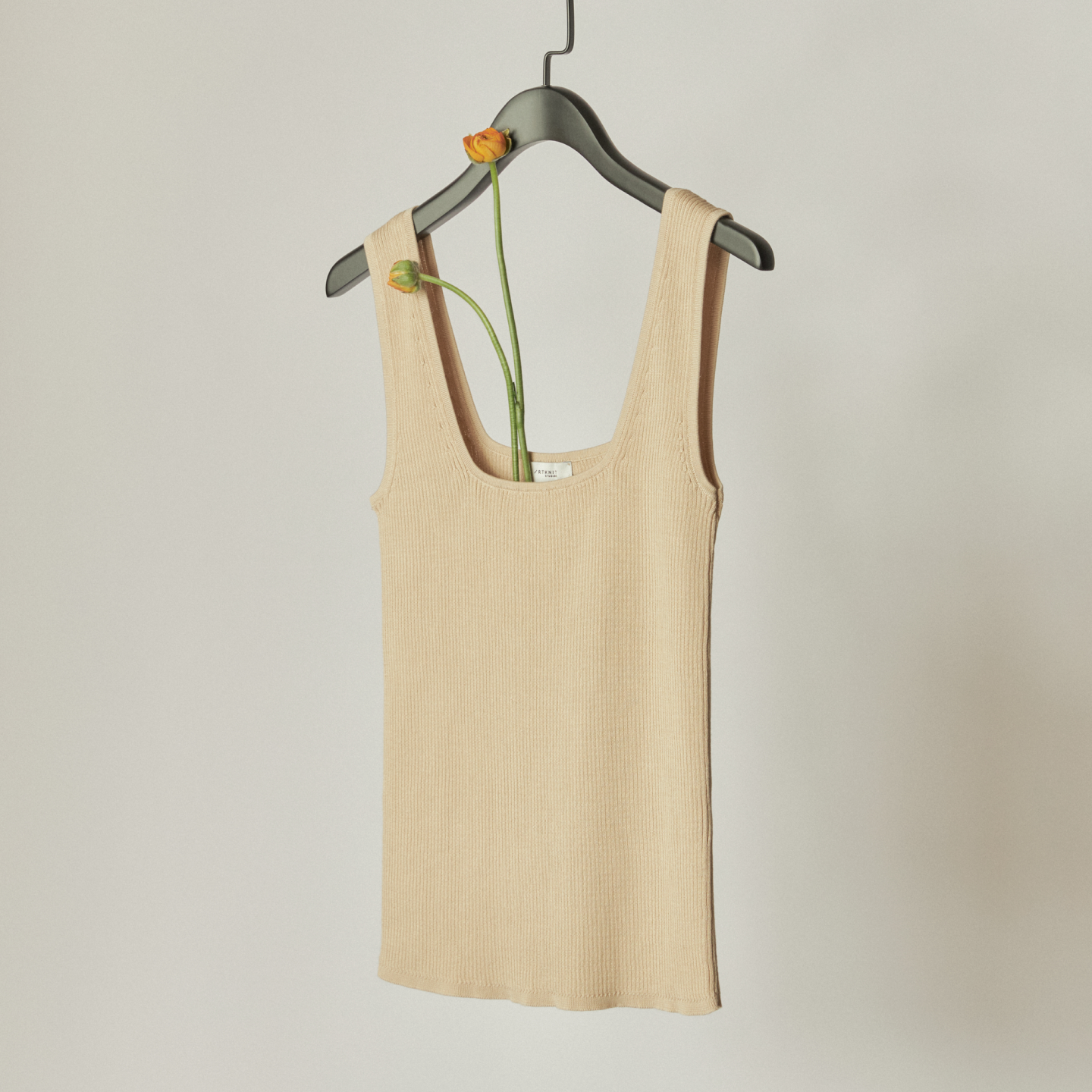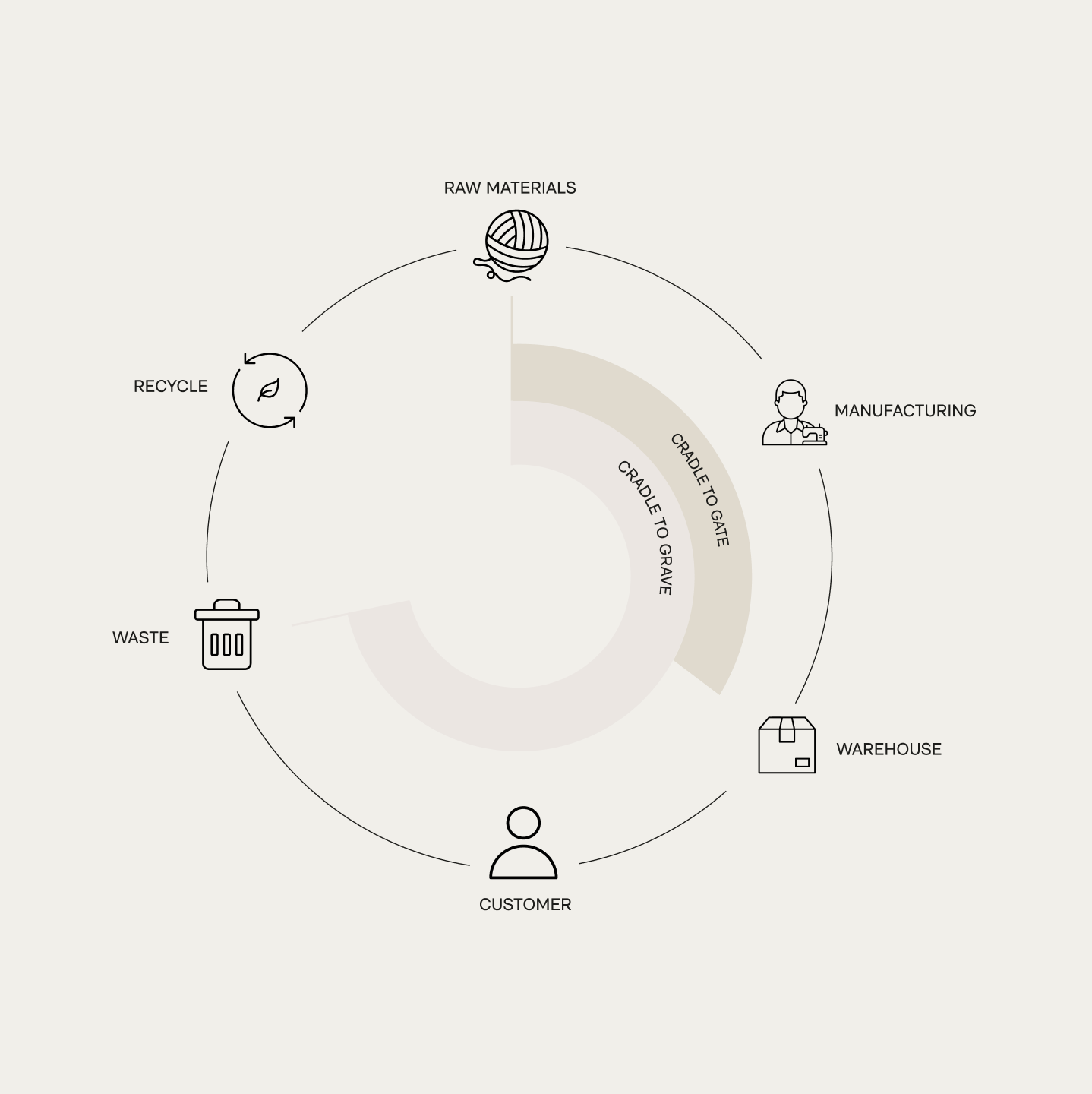
A Life Cycle Assessment is a systematic process used to evaluate the environmental impacts of a product through its life cycle. This methodology allows us to gain and share detailed information about the environmental footprint of our products. In the fashion industry, LCAs are generally conducted from cradle-to-gate. This means that the evaluated stages span from the origin of the raw materials to the finished piece but do not consider what happens after the garment is sold.
Post-purchase impacts are difficult to measure as they largely depend on consumer habits and washing practices. However, by using natural fibers, the toxic effects on water and land are significantly reduced compared to synthetic fibers, which release microplastics when washed and take longer to decompose.
What Does a Life Cycle Assessment Measure?
LCAs considers stages such as resource extraction, manufacturing, and transportation, measuring their effect on the environment.
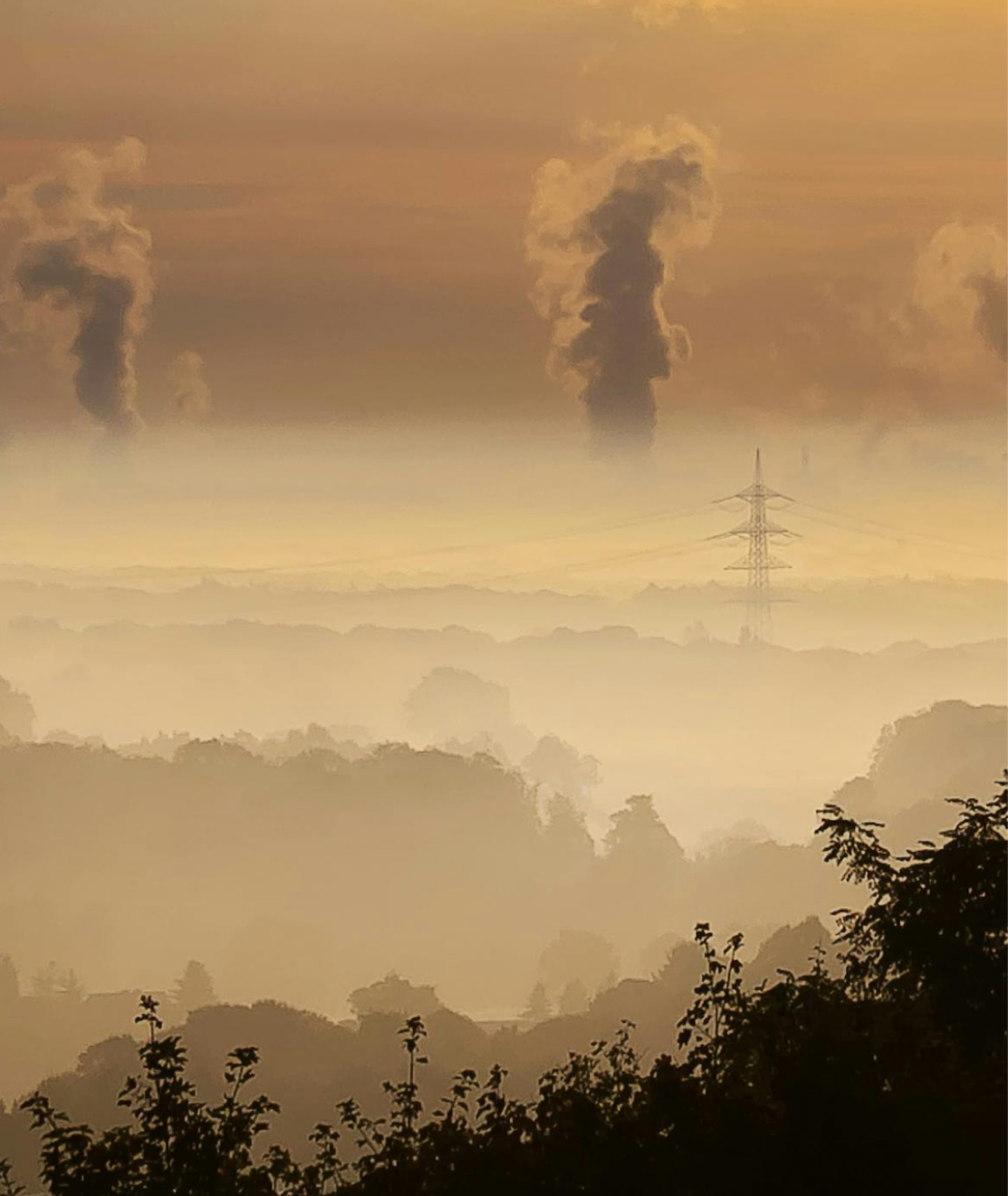
Carbon dioxide emissions
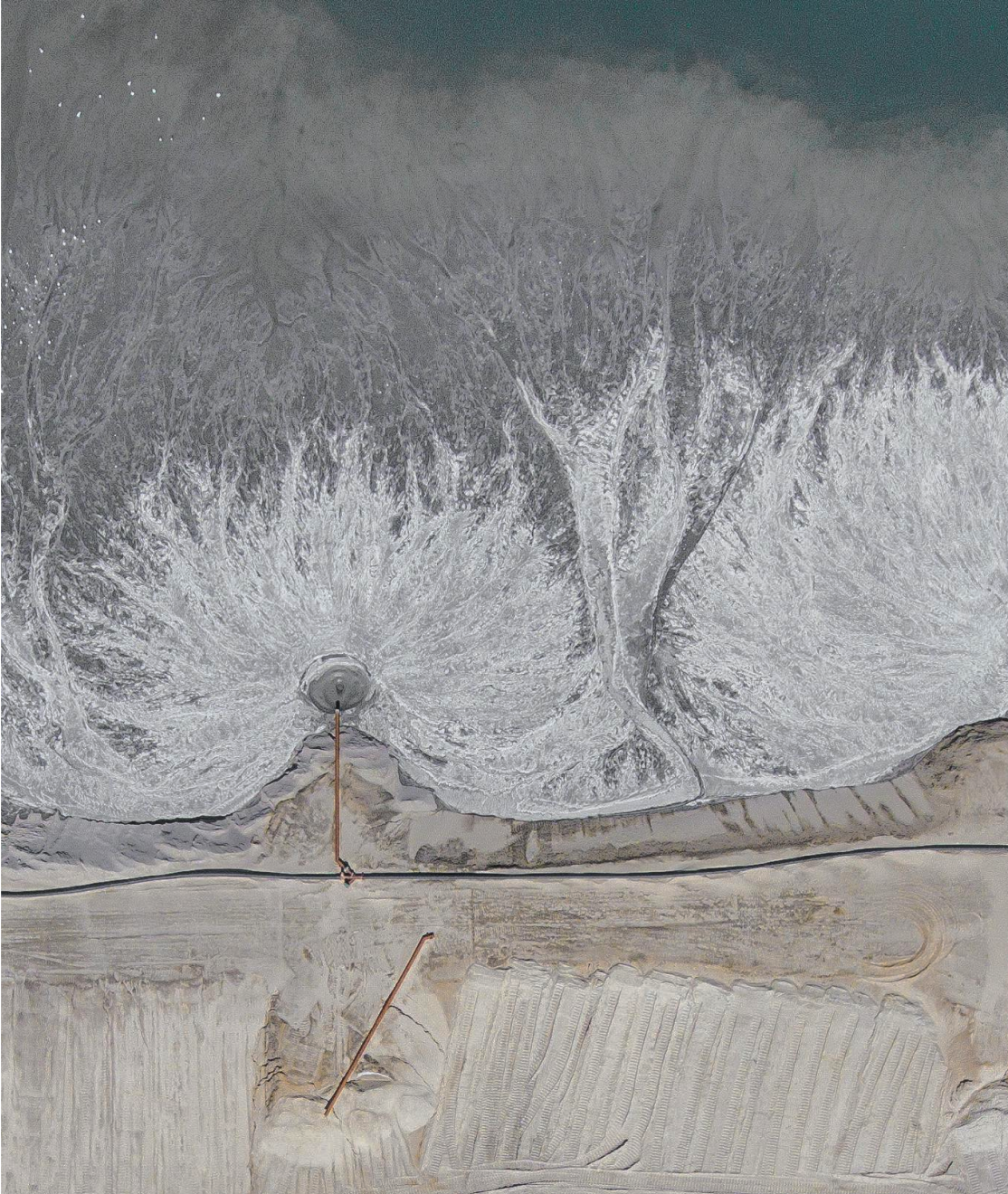
Fossil fuel depletion
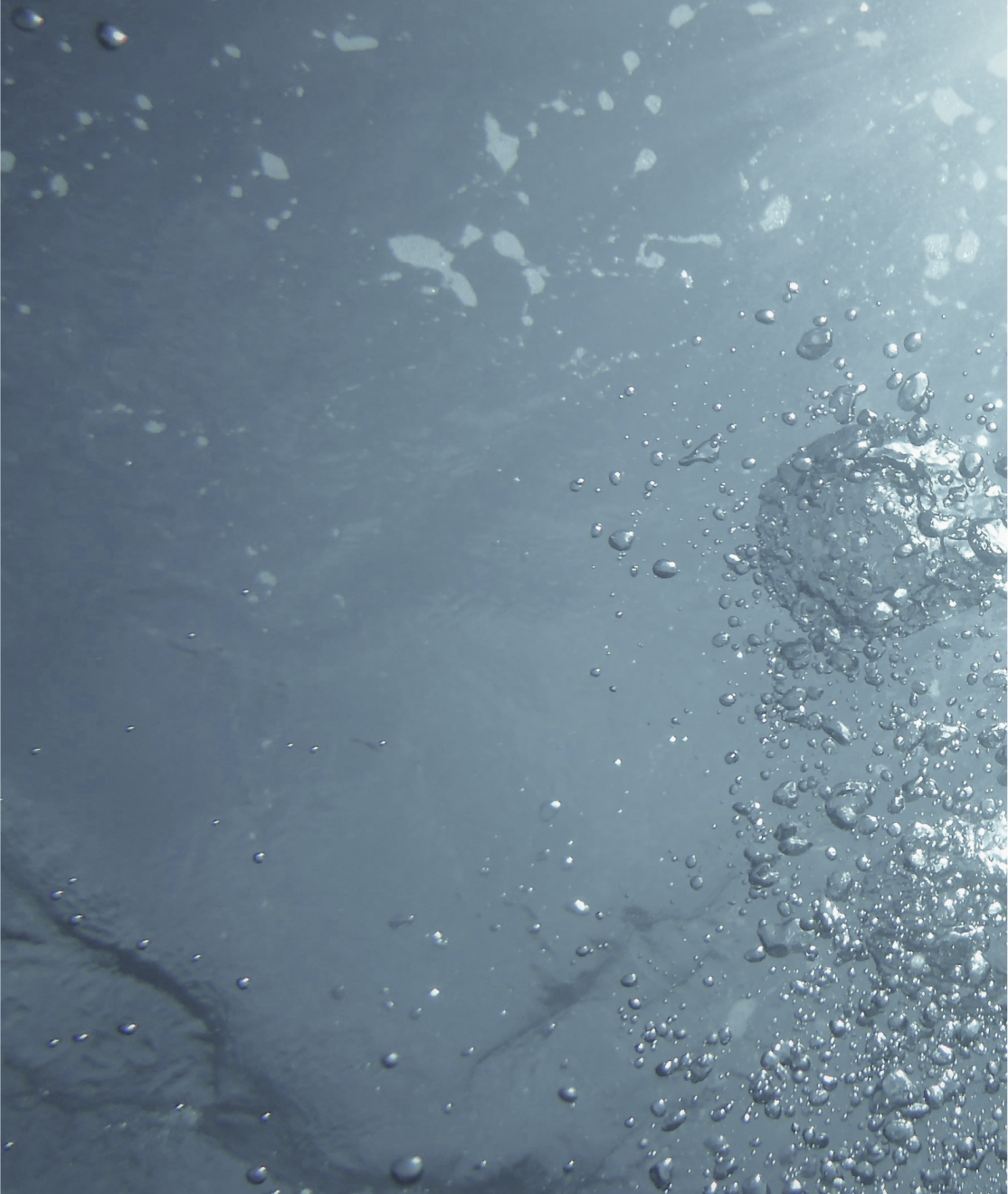
Water usage
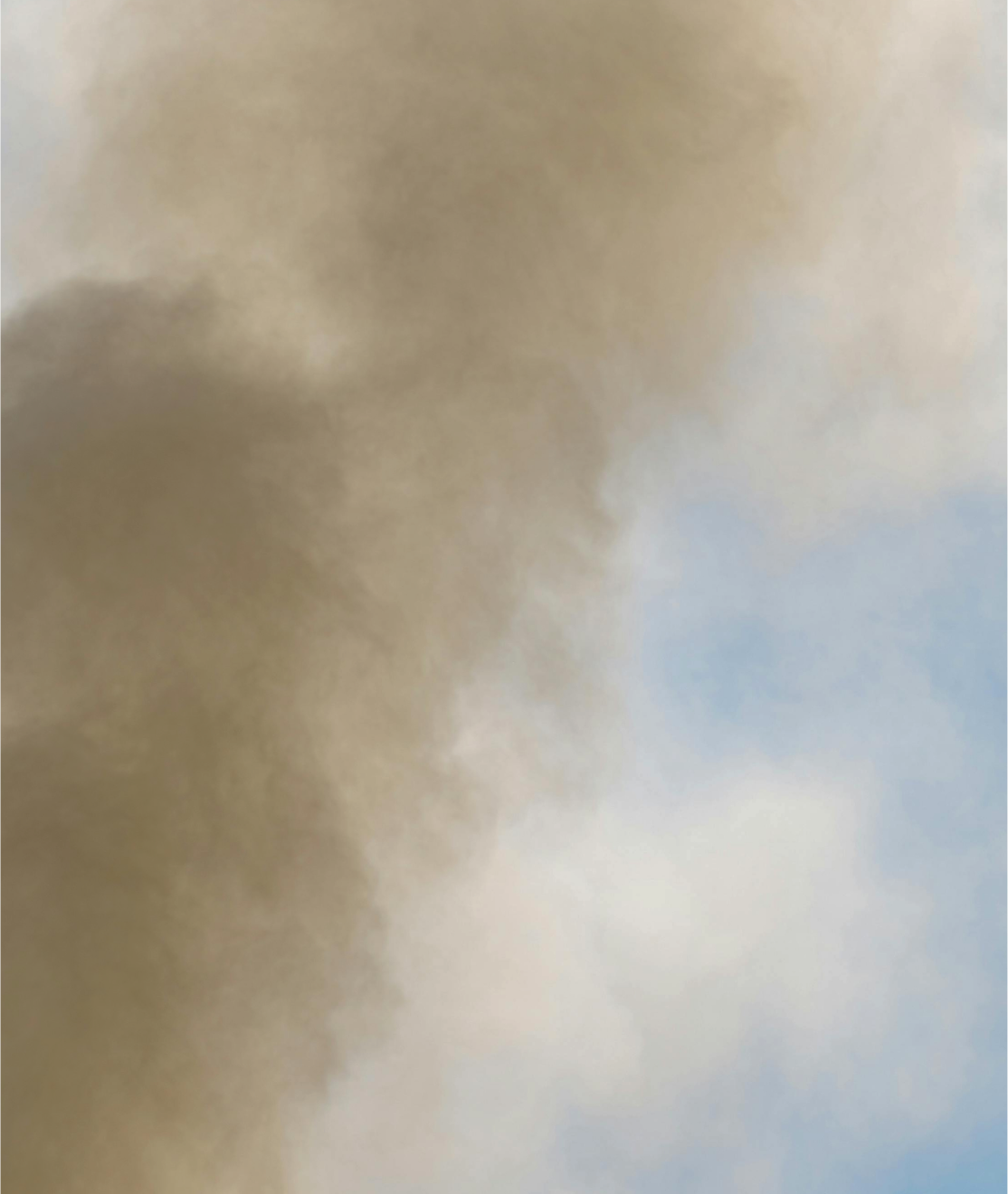
Ecotoxicity

LCAs provide a comprehensive view that helps identify opportunities for improvement and innovation in reducing our environmental impact. For example, it can inform our design and material choices, encouraging the use of natural raw materials and processes that require fewer resources.

LCAs offer transparency, enabling informed choices about what you’re buying. On each product page of our website, you can find detailed information about the key metrics of the LCA for every product, along with its mapped journey from raw material to final product. This transparency can help you in your decision-making process and encourage more conscious choices.


